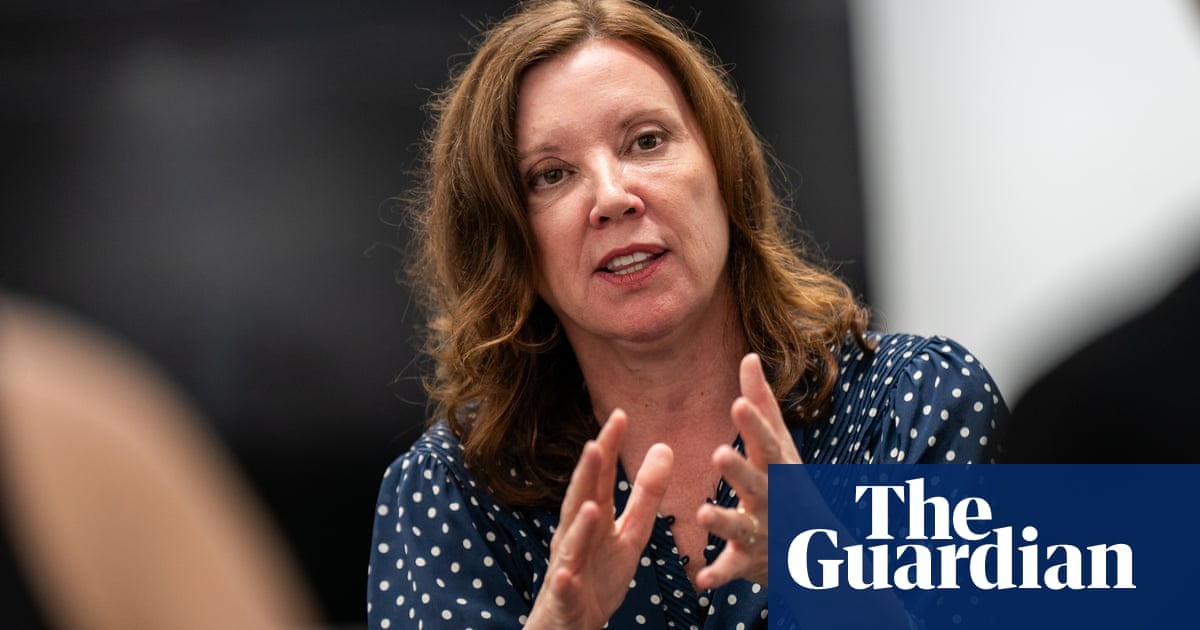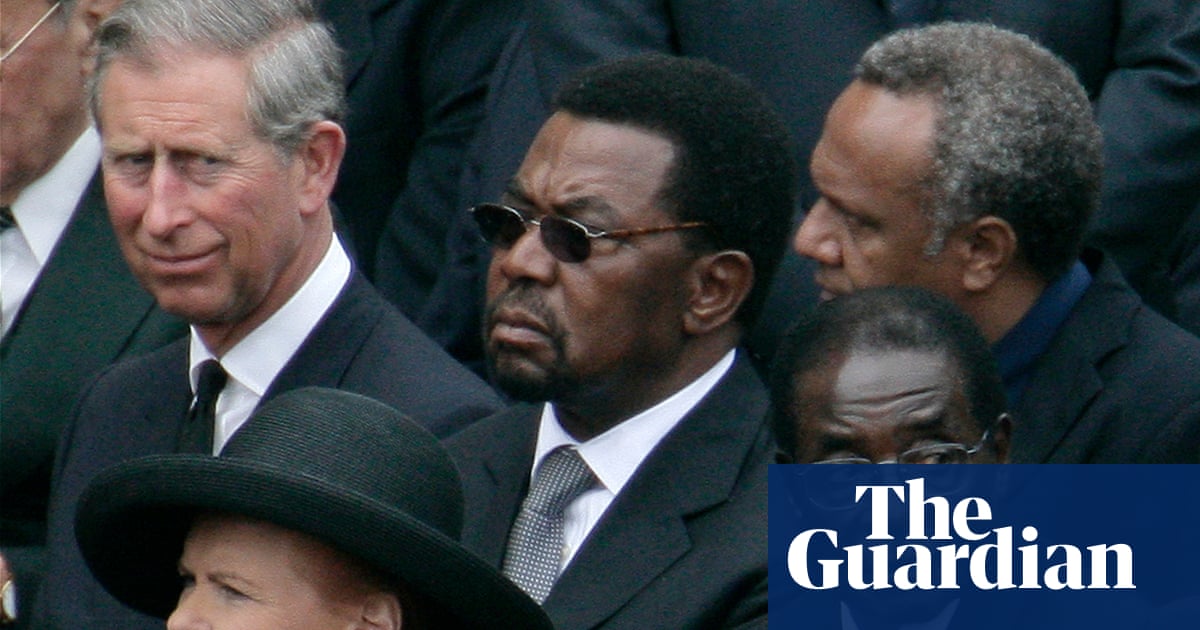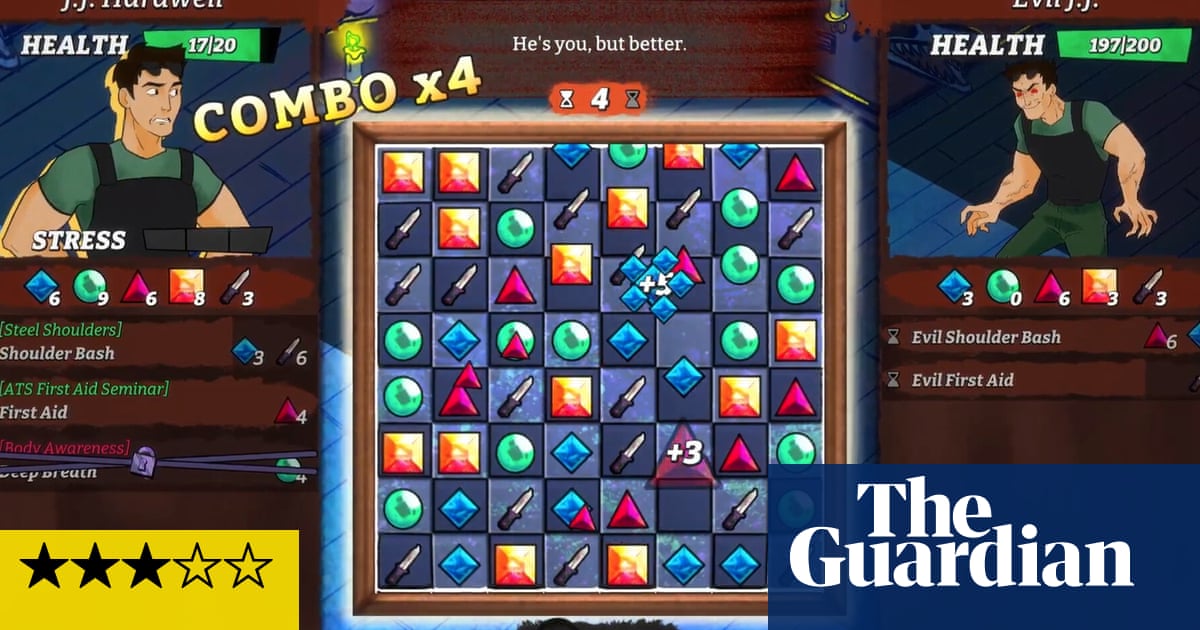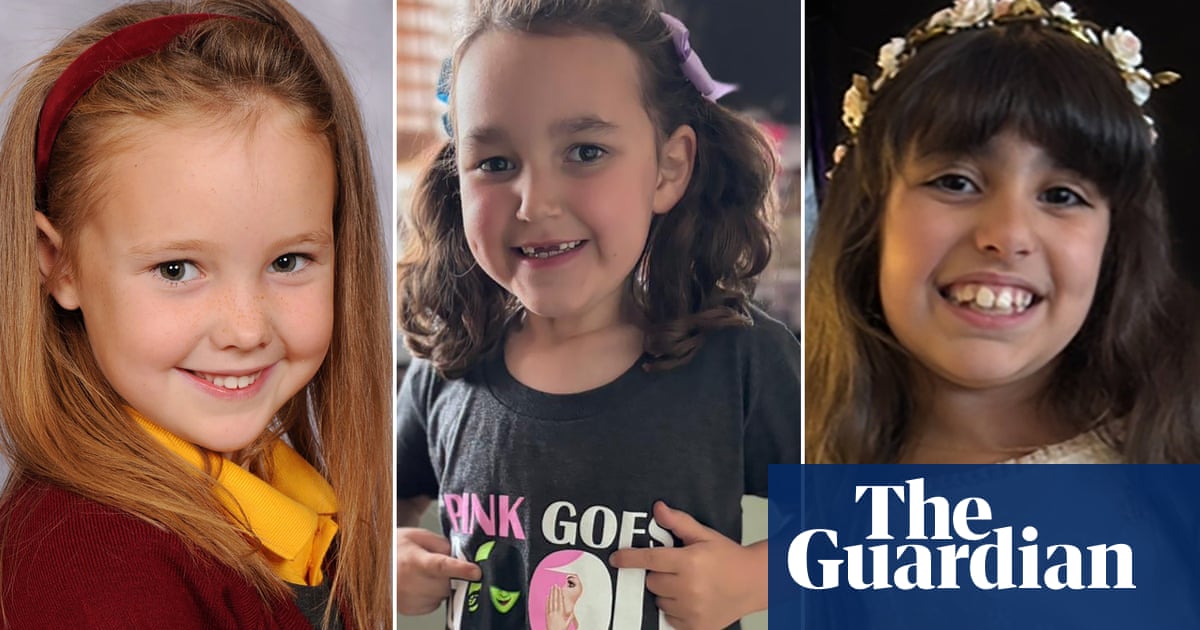In August 2023, a former neonatal nurse, Lucy Letby, was convicted of the murder of seven babies at the Countess of Chester Hospital, and the attempted murder of seven more. Last week, at a press conference in London, the outcomes of a review of the cases by an international panel of 14 experienced clinicians, of which I am one, were released. We identified issues at the level of individuals and teams, and systemic issues within the NHS, but our conclusions were that there was no evidence of malfeasance, and there were highly plausible causes of death or deterioration in each of the cases that either went unrecognised or were managed suboptimally. We provided examples of these likely causes of death or deterioration, and will be providing full details relating all the cases to Lucy Letby’s legal team.
The implications of these diametrically opposed conclusions have left the nation with a deep sense of unease. My anxieties were first raised when I was contacted during the trial by several journalists who asked my opinion on the alleged causes of death. I was then invited by Dr Shoo Lee to join the international panel, and on being formally instructed received full details of all the cases. The story that emerged from reading the medical records and witness statements was hugely concerning, and quite different from that presented in court. That miscarriages of justice occur is a matter of record; think of Sally Clark, Andrew Malkinson, Hillsborough, and the falsely convicted sub-postmasters. Could Letby be another addition to a distressing roll call, and if so, how could this have occurred? Certainly, there appear to have been a series of errors, each following on from the previous one.
The Countess of Chester neonatal unit was a level 2 service, in other words, not staffed or equipped to deal with the most seriously ill babies. Guidance about admission is usually based upon the likelihood of a baby needing intensive care, and hence the degree of prematurity or the presence of a complex condition. As the need for intensive care cannot be predicted precisely, judgment is often required when planning place of birth.
However, as some of the cases involved high-risk pregnancies, it is legitimate to ask why these babies were born at the Countess of Chester when best practice would have been a transfer to a level 3 centre prior to delivery. Were discussions held between obstetric and neonatal teams about the plan for delivery, and were the parents involved in the decisions? Regardless of the answer, what transpired was that the consultants and other neonatal staff were faced with having to provide care for complex neonatal cases outside their experience. Their contemporaneous notes in the babies’ case records reveal errors in the recognition of problems and their management. However, to their credit, the Countess of Chester paediatricians were the first to draw attention to deaths that to them appeared inexplicable.
In situations of unexpected or inexplicable medical occurrences, standard procedure is to conduct a detailed case review involving all of the speciality disciplines involved (obstetricians, neonatologists, nurses, radiologists, clinical chemists, surgeons, pathologists and so on), as well as independent clinicians with the requisite expertise. This was one of the recommendations of an investigation of the Countess of Chester neonatal service carried out by the Royal College of Paediatrics and Child Health in 2016. I was president of the Royal College at the time but was unaware of this recommendation or any of the findings, as the reviews are confidential and not made known to anyone outside the investigating and client teams. Several reviews did apparently take place but the depth and breadth of experience and expertise of the persons involved is unclear. Had sufficiently detailed case reviews with suitably experienced clinicians and other experts taken place at the outset, I believe it is likely that conclusions consistent with those of the independent, international panel may well have been reached.
Instead, because the local paediatricians were unable to identify reasons for the deaths and deteriorations, they began, in their words, to “think the unthinkable” and the matter was referred, after considerable delay, to the police. In assembling their case, the police relied principally on the opinions of Dr Dewi Evans, a long-retired consultant paediatrician with experience of neonatology who wrote to the National Crime Agency to offer his services.
In the view of our panel, he drew selective conclusions which were not consistent with the full range of evidence. (Since the press conference, Evans has said he was not selective and that he identified “several problems” in the care of the babies.) Other experts were instructed to “peer review” his opinions. They were not all asked to go through the cases in detail. It requires specialist knowledge to judge the experience or expertise of medical practitioners, and neither the police nor legal teams are necessarily in a position to do so. Had they taken advice or had guidance available to them on how to assess the suitability of an “expert”, it is possible that they would have sought alternative opinions that could have reached different conclusions.
The defence team inexplicably called no expert witnesses to give evidence, and although the judge was advised by Letby’s barrister that the prosecution lead witness was unreliable, it was nonetheless his opinion that formed the basis of his summing up. The jury were told that the babies were mostly healthy and well and that the deaths and deteriorations were unexpected. This is not the case; the babies were either overtly unwell, or at high risk of developing complications. Further, the significance of crucial information from the medical records and postmortem examinations was not recognised. The jury therefore reached their verdict on the basis of information that was incomplete and misleading. This cannot be any basis for a fair trial.
This tragic case calls for national reflection on multiple counts. How can the NHS be restored to its previous position of pre-eminence among global health systems? What institution or organisation is best placed to advise on the competency of medical experts, and will they rise to this responsibility? A court of law is no place to determine complex issues of medical causality, nor are victims or accused served well by an adversarial process.
So, how can multidisciplinary expertise be convened to advise on such matters directly to the court, and not on behalf of either prosecution or defence? The parents of the babies have been through almost a decade of uncertainty, distress and grief. So too have Lucy Letby’s parents. Their daughter, a young woman, has been jailed, her life destroyed, and is now at risk of self-harm. Where does responsibility lie for the duty of care owed them? We each and every one of us wants and needs to be able to trust our legal processes, hence the possibility of a horrific miscarriage of justice should be faced with honesty and tackled quickly. A further wrong will not make a right.
-
Neena Modi is professor of neonatal medicine at Imperial College London
-
Do you have an opinion on the issues raised in this article? If you would like to submit a response of up to 300 words by email to be considered for publication in our letters section, please click here.

.png) 2 months ago
45
2 months ago
45













































